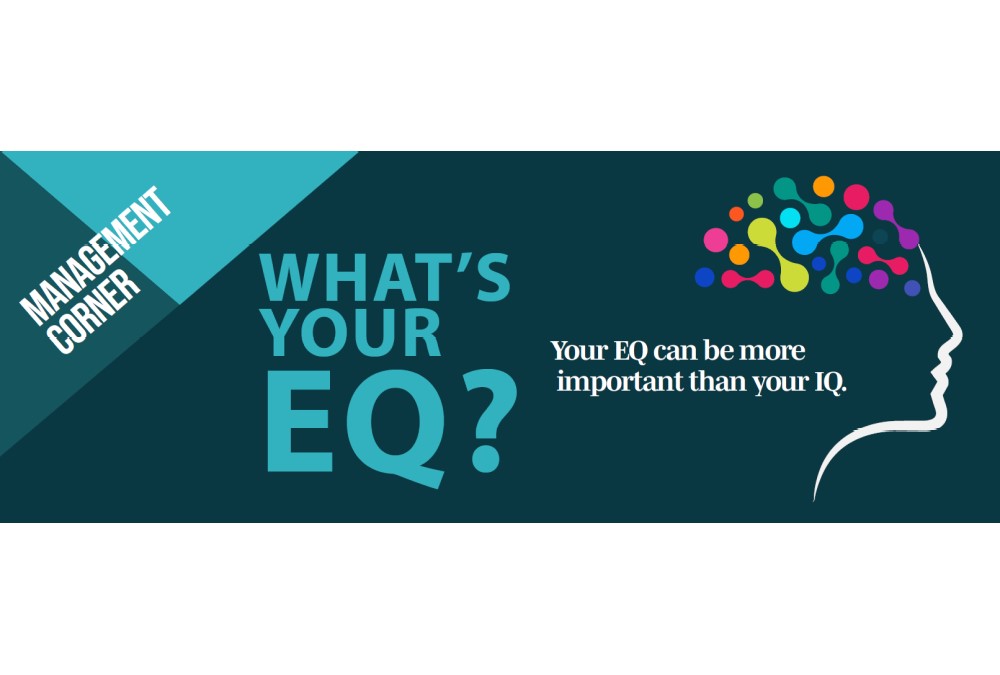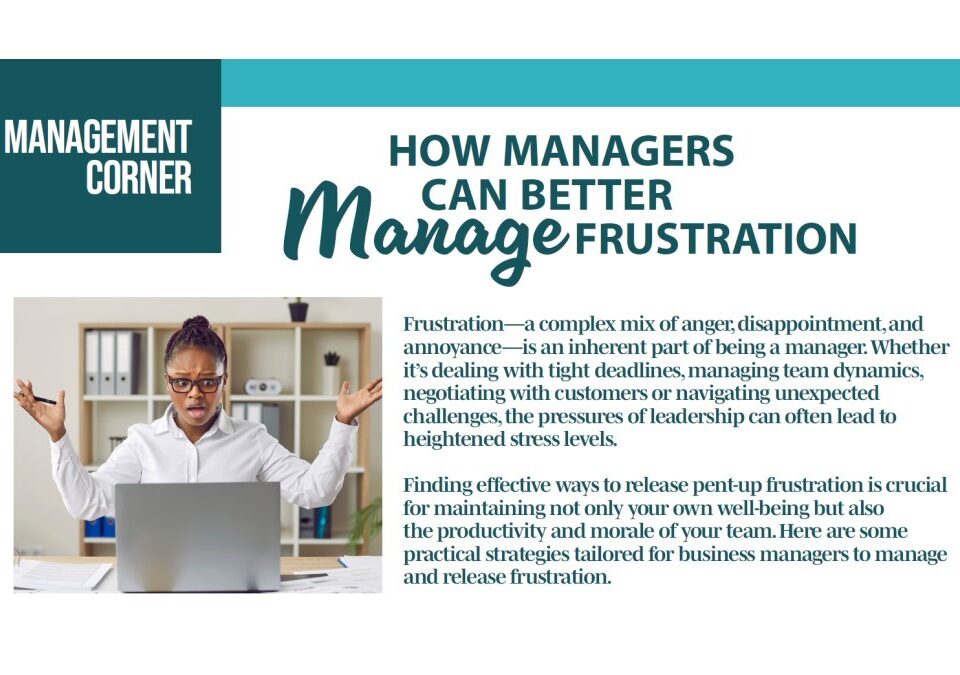
The Hierarchy of Commercial Projects
April 29, 2024
Family Ties
April 29, 2024What's Your EQ?
Your EQ can be more important that your IQ
How smart are you? Do you find learning new things easy or difficult? Was your intelligence ever tested? If so, this is your intelligent quotient or IQ score. Are you able to understand your emotions and manage them? Can you identify the emotions of others? Do you remain calm in stressful situations and find solutions to problems? Are you able to take criticisms and use it for your improvements? If you can do this, this is your emotional intelligence or EQ.
Your EQ can be more important than your IQ. Companies are increasingly using EQ to hire and promote employees. People with high EQ are usually successful, they make others feel good, and they go through life much easier than people who struggle in this area.
WHAT ARE SOME CHARACTERISTICS OF EMOTIONAL INTELLIGENCE?
SELF-AWARENESS – understanding your emotions and being in control of them; not letting your emotions rule you. It is being able to honestly look at yourself, know your strengths and weaknesses and work on the weak areas. This characteristic is seen as the most important in emotional intelligence.
SELF-REGULATION – the ability to control your emotions and impulses. It is thinking before you act and not allowing yourself to become too angry or jealous or make impulsive, careless mistakes. It is being thoughtful, having integrity, and being able to say no.
MOTIVATION –being motivated; being able to focus on long-term success and able to delay immediate results. It is being productive, loving a challenge, and usually being very effective.
EMPATHY – this is the ability to identify with and understand the wants, needs, and viewpoints of others. Recognizing the feelings of others, even when they are not obvious; this helps manage relationships. This characteristic is the second most important element of emotional intelligence.
SOCIAL SKILLS –people with high EQs are usually good team players. They help others to develop and shine instead of focusing on their own success. They can communicate effectively, manage disputes, and can build relationships.
If you feel you need to work on some of the characteristics of emotional intelligence to be a better manager, here are some steps you can take:
- Observe how you react to people. Don’t rush to judgment or stereotype; look at other’s perspectives.
- Look at your work environment. Learn humility. Don’t seek attention for your accomplishments.
- Do a self-evaluation. Look at yourself honestly and recognize your weaknesses and your strengths.
- Examine how you react to stressful situations. Learn to control your emotions when things go wrong. Don’t get upset when things don’t go your way or blame others when it is not their fault.
- Take responsibility for your actions. Apologize directly to the person if you hurt their feelings.
- Examine how your actions will affect others before you take those actions. Put yourself in the other person’s place and think how they would feel and would you want to have that experience.
Remember, emotional intelligence can help you succeed in life and your career. Start working on your emotional intelligence and improve your leadership skills!




